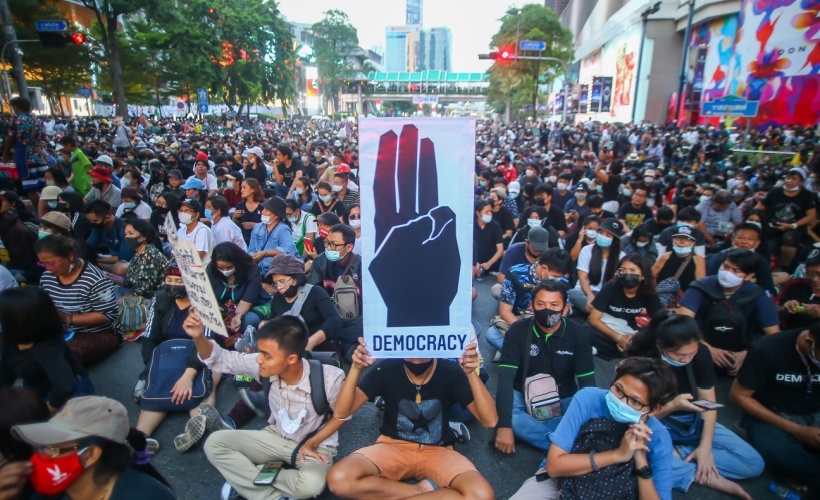The U.S.-Korea alliance has endured through seven decades of shifting regional and geopolitical security contexts, yet it now faces challenges from within. Domestic political turmoil, including deepening political polarization and rising forms of exclusive nationalism in both countries, has cast doubt on the alliance’s viability—with critical implications for the balance of power in East Asia.
More recently, South Korea’s recent legislative election saw a landslide victory for the progressive opposition Democratic Party of Korea (DPK) that has put incumbent President Yoon Suk Yeol to face an opposition-majority national assembly for his entire five-year term, while he is also confronted by a more belligerent North Korea. In the United States, the upcoming presidential election may lead to significant shifts in its policies towards the Korean Peninsula. Against such backdrop, the Centre invites Mr Scott Snyder, President and CEO of the Korea Economic Institute of America to discuss the latest development in the U.S.-Korea alliance, inter-Korea relations, and their implications for the wider Indo-Pacific region.
ABOUT THE SPEAKER:
Scott A. Snyder is President and Chief Executive Officer at the Korea Economic Institute of America. Previously, he was Senior Fellow for Korea studies and Director of the program on U.S.-Korea policy at the Council on Foreign Relations from 2011 to March 2024. Prior to CFR, Snyder has worked for the Asia Foundation, the U.S. Institute of Peace, and The Asia Society. Mr. Snyder is the author of The United States-South Korea Alliance: Why It May Fail and Why It Must Not (December 2023) and South Korea at the Crossroads: Autonomy and Alliance in an Era of Rival Powers (January 2018). Mr. Snyder received a BA from Rice University and an MA from the regional studies East Asia program at Harvard University.








